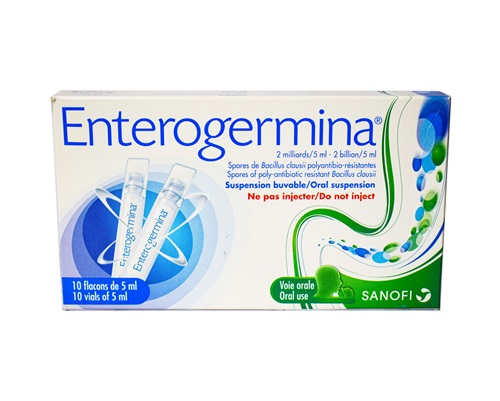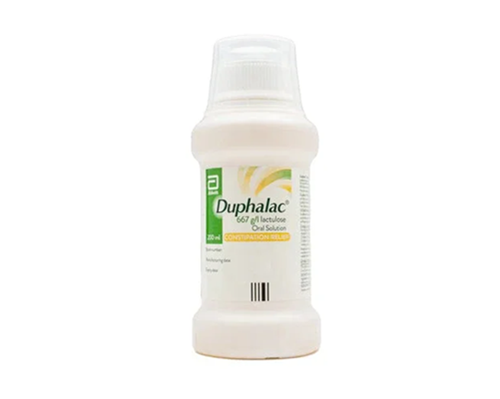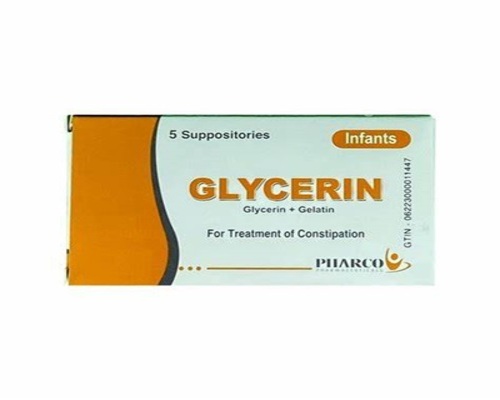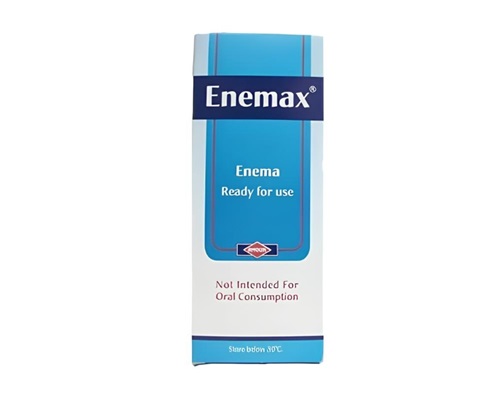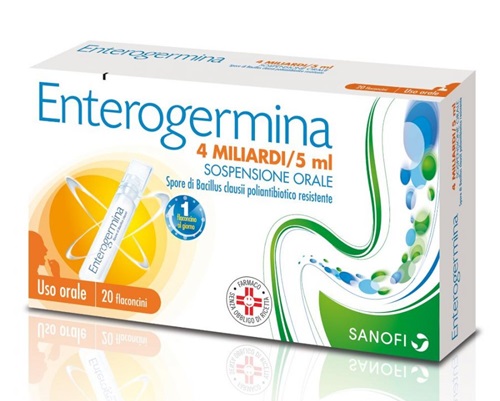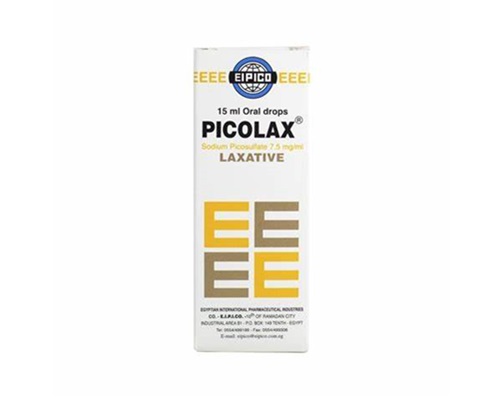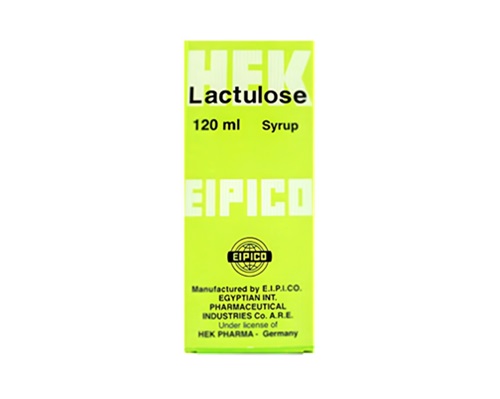Description
Trade name:
Enterogermina
Compound:
Each 5 ml bottle contains:
Bacillus clausii spores, multidrug-resistant 2 billion.
Auxiliary components:
Water purified to 5 ml.
Properties:
Enterogermina is a medicinal product consisting of a suspension of Bacillus clausii spores, a normal inhabitant of the intestines, devoid of pathogenic action. Due to their high resistance to chemical and physical agents, when taken orally, Bacillus clausii spores penetrate the acid barrier of gastric juice intact and reach the intestinal tract, where they are transformed into metabolically active vegetative cells.
Taking Enterogermina helps restore the intestinal microbial flora that has undergone changes in the process of dysbacteriosis (dysmicrobiosis) of various etiologies. Moreover, since Bacillus clausii is capable of producing various vitamins, in particular B vitamins, Enterogermina helps normalize dysvitaminosis caused by antibiotics and various chemotherapeutic agents. Enterogermina allows achieving a non-specific antigenic and antitoxic effect, closely related to the metabolic activity of B. clausii.
In addition, due to its high resistance to antibiotics, Enterogermina provides a therapeutic basis for preventing changes in the intestinal microbial flora following the selective action of antibiotics, especially broad-spectrum antibiotics, or restoring the balance of the intestinal microbial flora after a course of antibiotic therapy.
Due to antibiotic resistance, Enterogermina can be prescribed between antibiotic courses. Antibiotic resistance concerns penicillins (except for their combinations with beta-lactamase inhibitors), cephalosporins, tetracyclines, macrolides, aminoglycosides (except for gentamicin and amikacin), novobiocin, chloramphenicol, thiamphenicol, lincomycin, isoniazid, cycloserine, rifampicin, nalidixic acid and pipemidic acid (intermediate resistance) and metronidazole.
Indications:
— treatment and prevention of intestinal dysbacteriosis and subsequent endogenous dysvitaminosis;
— treatment to restore intestinal microbial flora altered during treatment with antibiotics or chemotherapeutic agents;
– acute and chronic gastrointestinal disorders in infants and young children, characteristic of intoxication or intestinal dysbacteriosis and dysvitaminosis.
Method of administration and dosage:
The medicine should be drunk. Do not take it in any other way.
Adults: 2-3 vials per day, unless otherwise prescribed by the attending physician. The recommended intervals between single doses of the drug (1 vial) are 3-4 hours.
Infants (3 weeks and older) and children: 1-2 bottles daily, unless otherwise prescribed by your healthcare professional.
Contraindications:
Hypersensitivity to the active substance or any of the ingredients of the drug.
Precautions:
If Enterogermina is used during a course of antibiotic therapy, it is recommended to take the drug between two consecutive doses of the antibiotic (for example, 2-3 hours after taking the antibacterial drug).
The possible presence of visible inclusions in vials of Enterogermina is due to aggregates of Bacillus clausii spores, so it does not mean that the drug has undergone changes.
Shake the bottle before use.
If the drug is used incorrectly, severe allergic reactions such as anaphylactic shock may develop.
The drug should not be stored after opening the bottle to avoid contamination of the suspension.
Side effects:
Post-marketing studies have identified the following possible adverse reactions:
Allergic reactions: rash and hives;
From the skin and subcutaneous tissue: angioedema.
Storage method:
Store at temperatures not exceeding 30 degrees.
Package:
The cardboard box contains 10 bottles of 5 ml and paper instructions.

